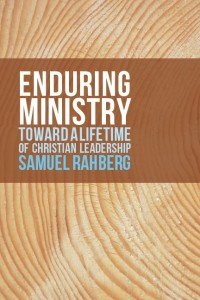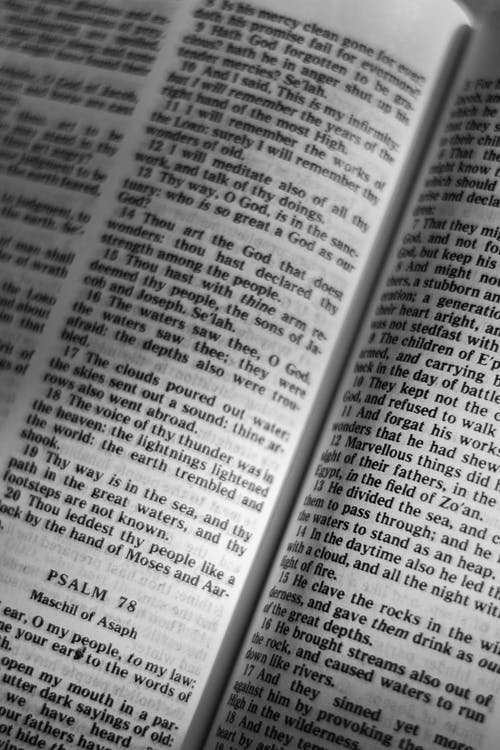Embodied Practices
This talk follows a presentation by Fr. Michael Peterson OSB about the vision and intersections of Laudato Si (Pope Francis' encyclical on the care for our common home) and The Rule of St. Benedict. I pick up the thread of a vision for the Common Good with Benedict's wisdom about embodied practices. Essentially, our care for one another and for the planet must be rooted in concrete expressions of a faith and commitment that reflects the Incarnation. Hosted by the Northern Midwest Plains Region of North American Benedictine Oblates.
An Expanded Experience of Incarnation
Incarnation—God in the flesh—is central to the Christian witness. The pandemic has challenged our assumptions about what community looks like and what tools we use to nurture human connection. The heart of the matter is nothing less than Incarnation. What does it mean to face this moment in an embodied way, to sense the invitations, and to practice Incarnation?
Spiritual Direction: What Are You Talking About?
When it comes to spiritual direction, do you ever feel like everyone else is talking about a book you haven’t read? I have grown to appreciate spiritual direction so much that I don’t want others to feel left out. With this short essay I want to help those who are unfamiliar with the practice find a place to begin.
Enduring Ministry Reflection, Celebrating the Release
This past week I found myself right at home in Mark 6. The disciples are sent out two by two, preaching, casting out demons, and anointing the sick. After a time they return to Jesus and tell “him all that they had done and taught” (6:30, NRSV) Jesus replies, "Come away by yourselves to a deserted place all by yourselves and rest a while" (31). Sometimes that's exactly what we want to hear, the expectation we have as we climb into the boat with Jesus. Listen for what really happens: “Now many saw them going and recognized them, and they hurried there on foot from all the towns and arrived ahead of them” (33). The disciples did not get the deserted place they wanted. What the disciples do get is a boat ride with Jesus between crowds. This book and this evening is about the boat ride. What happens, what needs to happen when we're sent out, when we're serving, and when we're on the boat journeying with Christ on the way to the next crowd so that we get off the boat and continue serving like Jesus? “As he went ashore, he saw a great crowd; and he had compassion for them, because they were like sheep without a shepherd; and he began to teach them many things” (34). Whatever happened on that boat, Jesus sets foot ashore and demonstrates an enduring ministry.
The Benedictine School of Spirituality (Part 2 of 3): Praying the Psalms and Exercising Community
Thirteen of seventy-two chapters in the Rule of St. Benedict (RB) are devoted to instruction about liturgical prayer. Benedict goes to great lengths to establish a rhythm of life in community which is punctuated by prayer (the liturgy of the hours) and saturated in Scripture. Most central is praying the Psalms, which reflects the longstanding appreciation for the way this form of Scripture connects so deeply with the human experience.
Benedictine Spirituality (Part 1 of 3): Core Values
The Benedictine school of spirituality is an important voice in our world today, a voice which informs our praying, living and discerning. It is one among many schools that speak to contemporary hearts, yet it is particularly unique in its lasting impact on Western Christianity.
Benedict of Nursia lived from ca. 480 to 547 CE in Italy. The Rule of St. Benedict (RB) became a foundational text for monasticism in the West, having emerged in the sixth century as the Roman civilization was collapsing. There was societal chaos and political dissatisfaction and we might wish that the conditions of those times did not sound so familiar to our modern ears. What we know about St. Benedict himself comes to us mainly through Gregory the Great (ca. 540-604 CE), who praised Benedict for his discretion and moderation.








